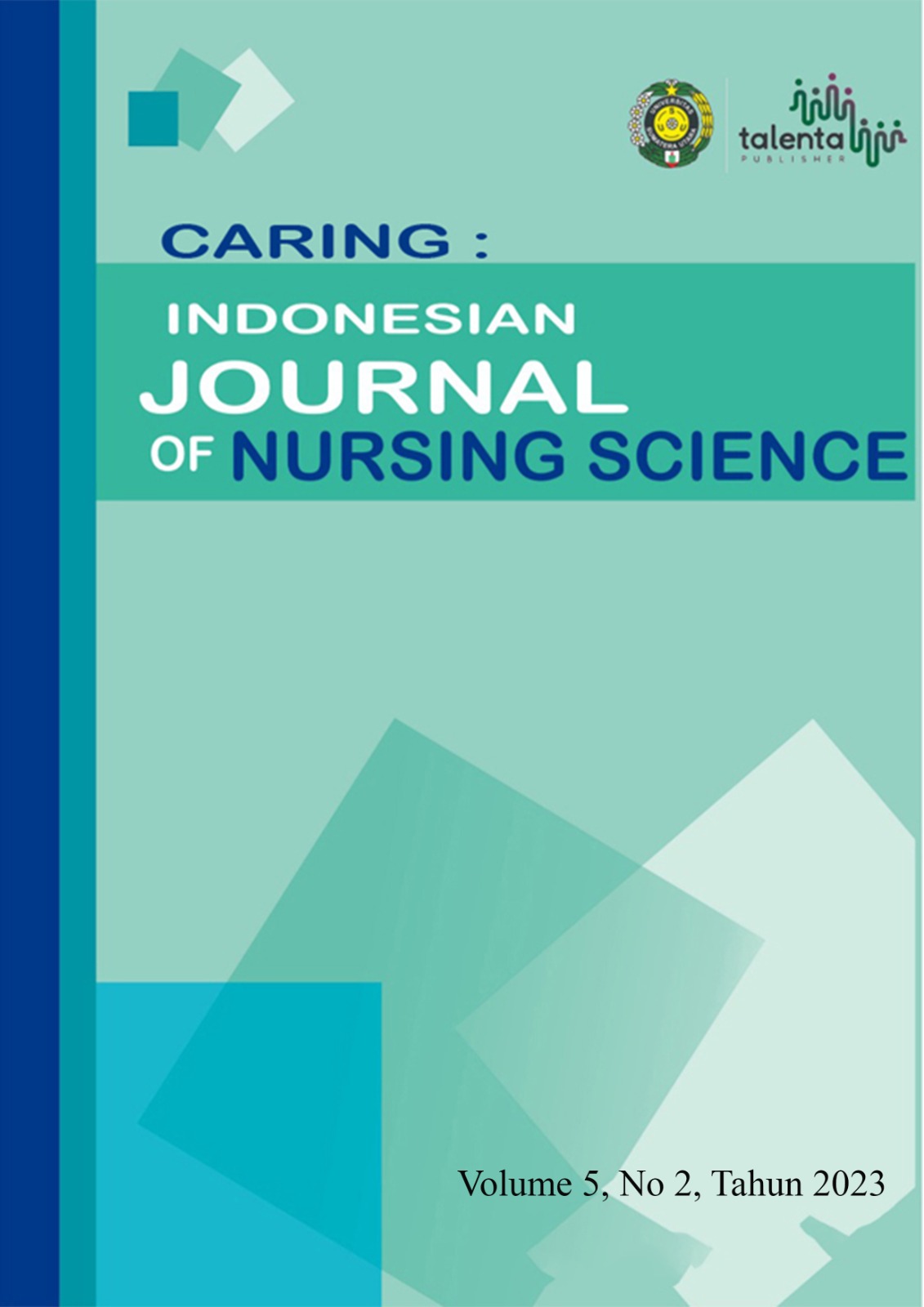Mental Health Status of Undergraduate Nursing Students in Facing Professional Nursing Practices
DOI:
https://doi.org/10.32734/ijns.v5i2.14305Keywords:
Mental health, Nursing student, ProfessionalAbstract
Nursing professional courses delivered in actual clinical learning environments primarily aim to provide direct access and create authentic interactions within the community. Furthermore, this program aims to develop critical thinking skills and apply previously acquired knowledge in the classroom. This shift in the academic process often becomes a new stressor among nursing students because it requires high adaptation skills in a relatively short period of time to gain professional abilities and become a registered nurse. This research is a quantitative study with a cross-sectional method that explores mental health status among 36 nursing students who are currently undergoing a clinical training period toward the professional nursing program at Udayana University. Self-Rating Questionnaire (SRQ 20) implemented by the Ministry of Health of the Republic of Indonesia to measure mental health status. Findings revealed that in the past 30 days, during the clinical training period, participants demonstrated physical, psychological, and social responses to stressors with common reactions appearing in the form of fatigue, anxiety, and difficulty in performing assigned roles. The majority of participants also experienced difficulty thinking clearly due to the effects of stress. Further statistical analysis confirmed the correlation between each dimension of mental health state (physical, psychological and social responses and the effects of stress) with gender (p<0.05). These findings imply the need for stress management education and possibly mentoring programs for nursing students, especially those pursuing clinical training period toward the professional nursing program. This program will help them develop better adaptability to new systems.
Downloads
Downloads
Published
How to Cite
Issue
Section
License
Copyright (c) 2023 Caring: Indonesian Journal of Nursing Science

This work is licensed under a Creative Commons Attribution-ShareAlike 4.0 International License.








